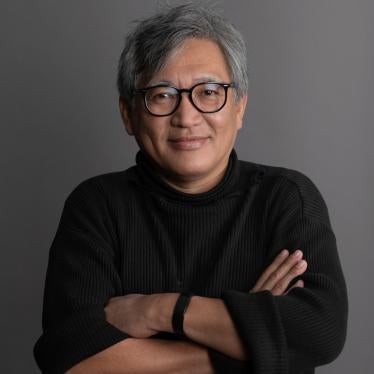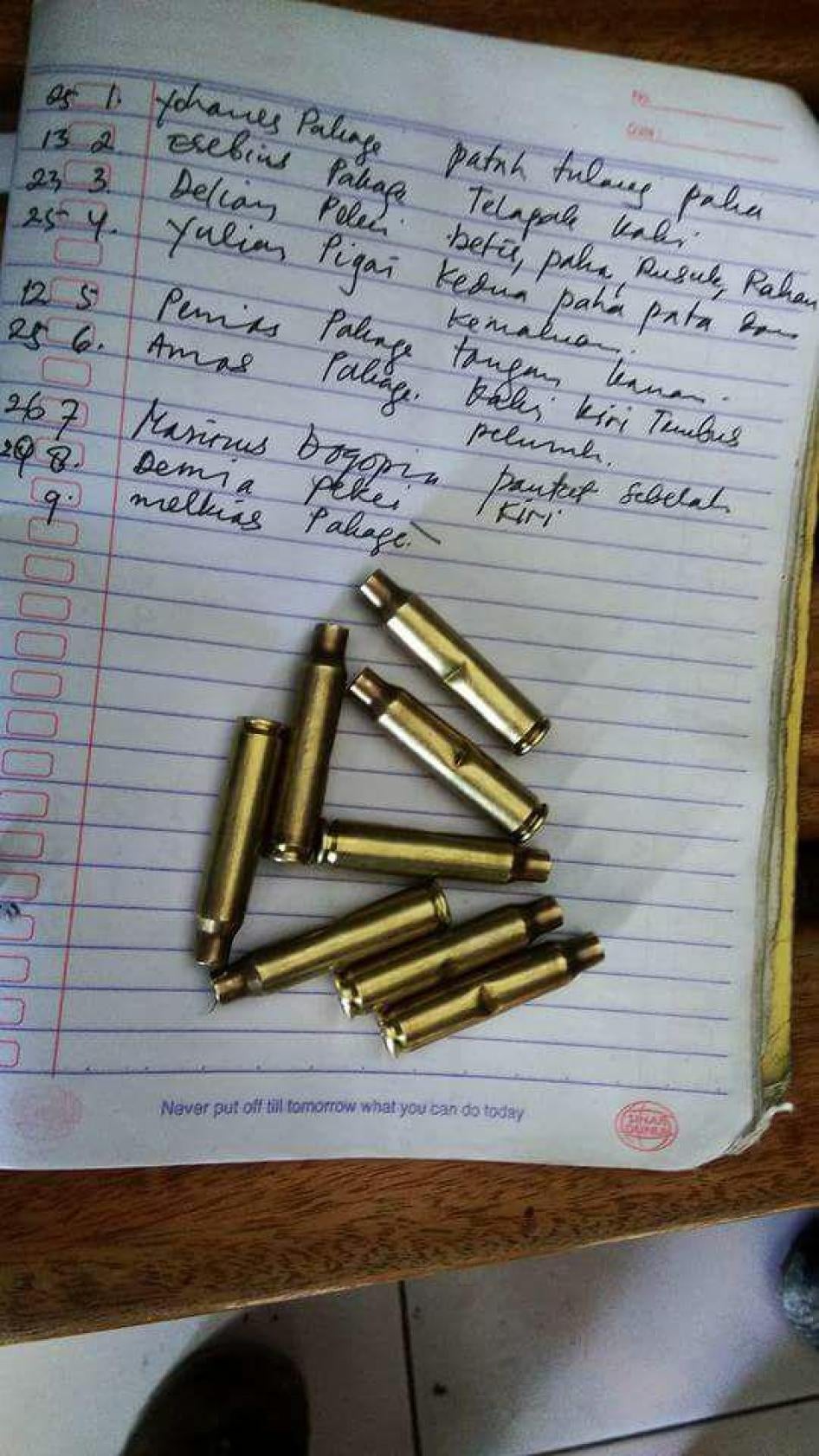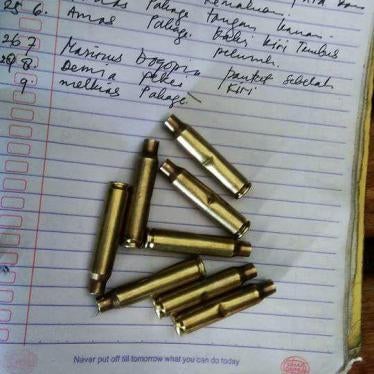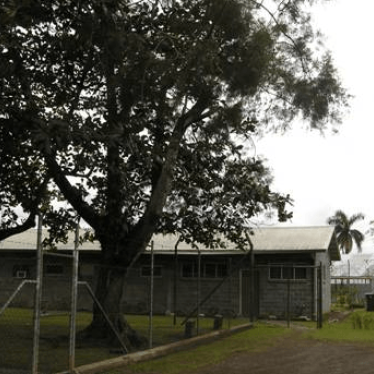“The life of a native Papuan is worth only an apology. This is the law in Indonesia.”
That lament, posted on Facebook by Papuan newspaper editor Victor Mambor, expresses the dismay felt by many Papuans at the official response to the latest police killing of an ethnic Papuan youth.
That’s because the police officers implicated in the August 1 killing of 28-year-old Yulius Pigai won’t face criminal charges. An Indonesian National Police ethics panel inquiry into the circumstances behind police opening fire on protesters in West Papua’s remote Deiyai region ruled that four officers were guilty of “improper conduct” by deliberately firing on the crowd with live ammunition, but should not face criminal prosecution. Instead, the ethics panel ruled that punishment of the four should be limited to demotions and public apologies.
The original police account of the incident was that officers opened fire using rubber bullets on rock-throwing protesters who “ran amok” and ignored repeated demands to disperse. Police said three other protesters were wounded in the incident, allegedly sparked by the refusal of PT Putra Dewa Paniai construction company workers to transport a local villager to a hospital.
Papuan villagers at the scene said police opened fire on the protesters without warning and that, in addition to killing Pigai, they wounded seven people, including two children. After the incident, Papuan social media was rife with photographs of shell casings found on the scene of the shooting, challenging the police account that they fired only rubber bullets.
The administrative wrist-slap for the officers underscores the chronic lack of accountability for abuses by Indonesian security forces in Papua. The impunity is compounded by the government’s chokehold on the ability of both Indonesian media and foreign correspondents to access and freely report from Papua. Until President Joko “Jokowi” Widodo delivers on his promises to address human rights abuses in Papua, expect apologies, not justice, for future police killings of Papuans.










